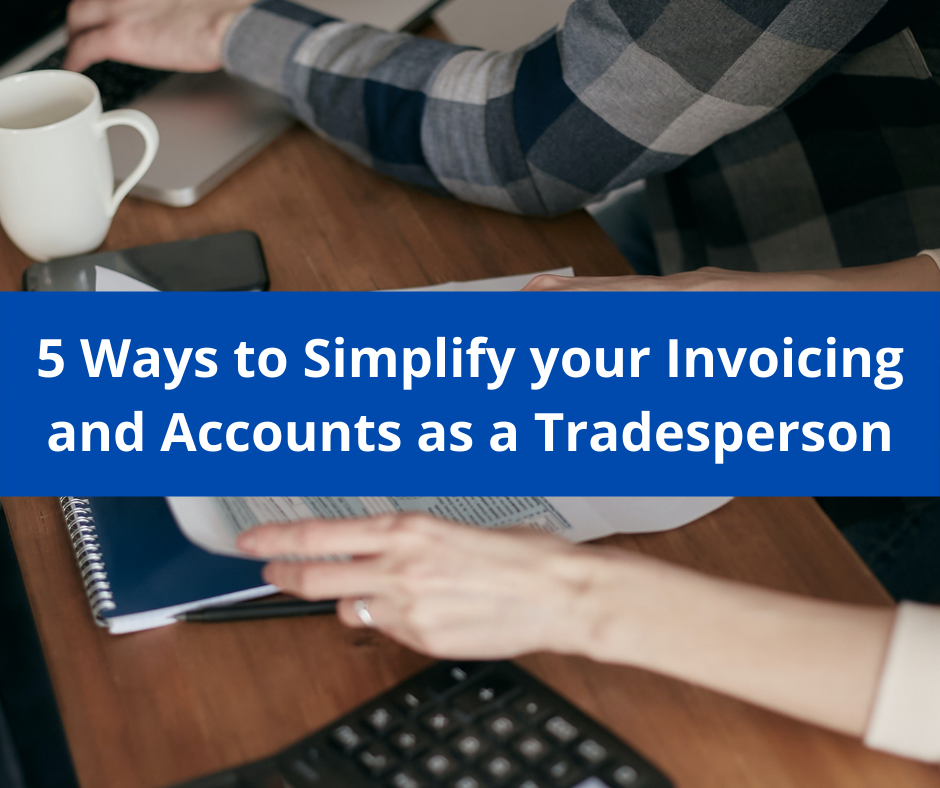Being a sole trader/business owner means you’re constantly wearing many different hats. In the morning you’re taking calls as the administrator, next you’re on the tools and then you’re doing invoicing and accounts. Because of this multifaceted nature of the trade, it can be easy to lose sight of your operational tasks.
So we’ve listed out a few easy ways to keep on top of your cash flow.
Set clear and realistic payment expectations
Be clear and upfront about your payment expectations. Because of the nature of the work, sometimes you’re not too sure how a job is going to pan out. But before you arrive at the job let your clients know your payment terms and rates so they have an understanding of what’s to come. Also clarify how they will be paying so that you can arrange payment straight after the work is completed.
Get paid on the spot!
Take payment on the job – instead of emailing an invoice out, why not create it at the end of your job and take credit card or EFTPOS payments on the spot? There are some great portable payment systems you can buy to make your life easier. And if you find your phone’s too small to create invoices on, bring an iPad. Easy done!
Use an accounting software
Set up one of the many accounting software like Quickbooks, MYOB or Xero. From the minute you start your business, I highly recommend setting up an invoicing platform. It will do reports for you and keep you in check around your invoicing and finances. These platforms also allow you to download the app so you can do invoicing on the fly!
Check invoice payments weekly (or daily)
Keep on track of invoices. Set aside time each week to review invoices outstanding and follow them up. I like to do it on a Monday morning so it’s out of the way and I don’t have to think about it for the rest of the week. Some invoicing systems will send out automatic reminders to clients if the payment hasn’t been made. Set rules in place with clients if invoices haven’t been paid and pause any work until the payment has been cleared.
Get a bookkeeper
Keeping track of your receipts and expenses can become a real nightmare. So, often it’s best to invest straight away in a bookkeeper to help you out. This will ease the stress when it comes to tax time so that you don’t have to do it all in one go. It will also probably save you in the long run from making mistakes and having to go back and make changes.
Have you got some great tips when it comes to organising your accounts? Let us know!







